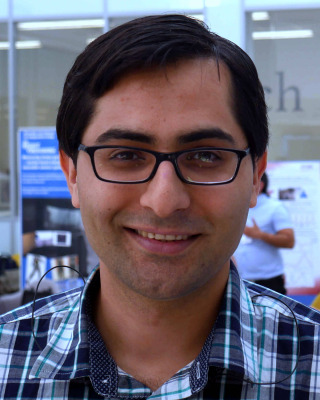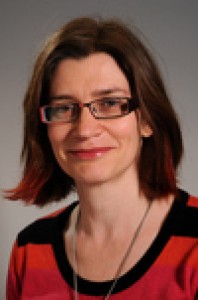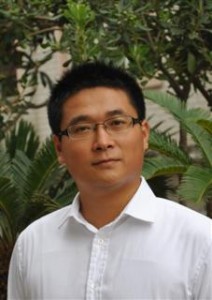|
|
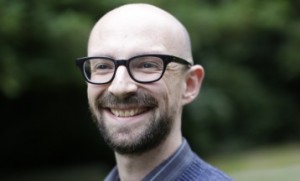 Reader in Chemical Engineering and Renewable Energy
Specialises in developing unique technology-specific, probabilistic emissions/cost modelling of energy supply chains, particularly relating to methane emissions from natural gas, as well as hydrogen and ammonia supply chains.
 p.balcombe@qmul.ac.uk p.balcombe@qmul.ac.uk |
 Lecturer in Fluid Mechanics
Computational Fluid Dynamics, Multiphase Flows, Aerodynamics, Wind Energy, Data-driven Modelling, Cavitation and Bubble Dynamics
 n.bempedelis@qmul.ac.uk n.bempedelis@qmul.ac.uk |
 Lecturer in Aerospace Engineering
Experimental fluid dynamics, gust encounters, rotor wakes, unsteady flows, separated flows, and vortex dynamics.
 h.biler@qmul.ac.uk h.biler@qmul.ac.uk |
|
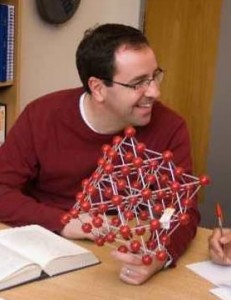 Professor of Materials
Examining the physical behaviour by experiment and modelling techniques of polymers and soft matter such as elastomers and rubber materials. Properties of interest include abrasion, friction, fracture, creep, fatigue, viscoelastic behaviour, modulus enhancement, self healing, recycling, ageing and composite filler reinforcement. Developing smart soft materials that can sense their environment and soft actuating materials that can change shape in response to a physical stimulus.
 j.busfield@qmul.ac.uk j.busfield@qmul.ac.uk |
|
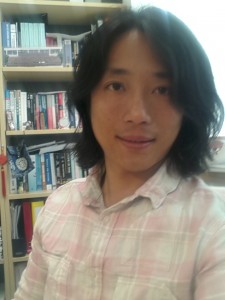 Dr Jun Chen
BSc (Honours), MSc (Distinction), PhD, FHEAReader in Intelligent Systems Engineering
My research interests lie at the interface of Computer Science, Operational Research and Control Engineering with a significant overlap with Systems Engineering. Over the years, I have consolidated and structured my research along three themes: modelling, optimisation and decision, four cross-cutting application areas: intelligent decision support for airport operations, human factors & brain-computer interface, future flight deck automation systems and intelligent sewer networks, sponsored by EPSRC and industry and supported by the well-balanced research team consisting of senior academics, post-doctoral researchers and PhD students.
 +44 (0)20 7882 8873 +44 (0)20 7882 8873  jun.chen@qmul.ac.uk jun.chen@qmul.ac.uk |
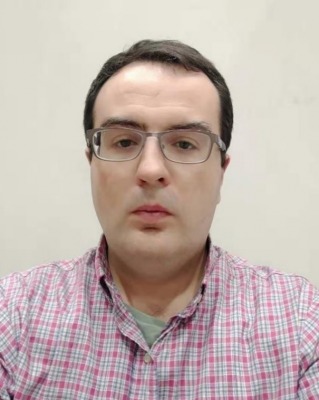 Dr Salvatore Grasso
PhD, MSc, FHEA, Royal Society Industry FellowSenior Lecturer in Ceramics
Dr. Salvatore Grasso is a senior lecturer in ceramics at QMUL (250 publications, 28 patents, > 10 000 citations, h-index=54). He is an Editor of the European Ceramic Society and he is also an associated editor of the American ceramic society. During his career, he received seral prizes including: Pfeil Award, best paper in the journal of the Asian ceramic society and best PhD thesis (Japan). His research is focused on ceramics processing using non-equilibrium conditions. His vision is to develop better materials by using less energy and without need for critical elements. He develops geological inspired compaction (lithification) to improve the sustainability in ceramics manufacturing. With analogous motivation, he became a leading researcher in materials processing assisted by intense electric and magnetic fields (see www.magmat.uk). Electricity is a noble form of energy, the inherent accurate control of the power dissipation during firing, can remarkably reduce inherent heat losses and carbon footprint. The increased complexity of the sintering routes matches the degree of sophistication required to fabricate the next generation functional ceramics. He is currently Editor of the European Ceramic Society, Associate Editor of both the American ceramic society and International Journal of Applied Ceramic Technology.
Keywords:
Functional ceramics for energy: Fuel cells and solid state batteries
Sustainable manufacturing: Ultra-fast high temperature sintering and Cold sintering
Advanced material processing: Strong magnetic field alignment, Field Assisted Processing, Thermal shock synthesis
 +44 (0)20 7882 2773 +44 (0)20 7882 2773  s.grasso@qmul.ac.uk s.grasso@qmul.ac.uk |
|
|
|
|
|
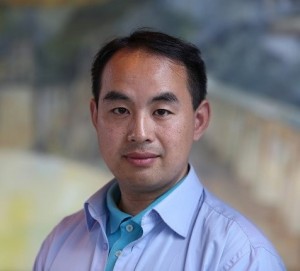 Senior Lecturer In Solid Mechanics
Experimental characterisation and numerical modelling of damage and failure of engineering materials; Micromechanics of cellular materials and composite materials; Mechanics of biological cells and active tissues ; Mechanics of fibrous tissues; Impact engineering & dynamic fracture; Numerical modelling on complex multiphysics phenomena ; Mechanics of wet adhesion ; Design Optimization and bio-inspired designs; Mechanics informed machine learning
 tao.liu@qmul.ac.uk tao.liu@qmul.ac.uk |
|
|
|
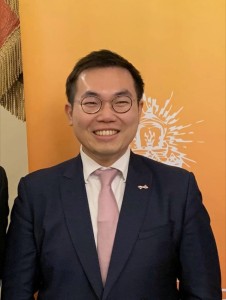 Senior Lecturer in Materials and Solid Mechanics
Dr Chinnapat Panwisawas' research has been concentrated over the last 15 years on advanced process science and engineering of investment casting laser fusion welding and powder-bed fusion additive manufacturing particularly for establishing a multi-scale multi-physics approach to understand the process-structure-property-performance relationship of advanced metallic materials for aerospace energy and biomedical applications.
 c.panwisawas@qmul.ac.uk c.panwisawas@qmul.ac.uk |
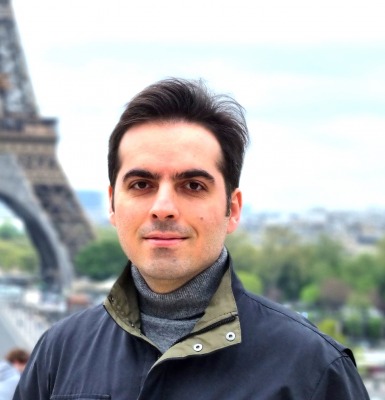 Lecturer in Sustainable Propulsion Systems
Combustion engineering, Zero/low carbon fuels, low-order modelling, Machine learning, thermal management
 a.paykani@qmul.ac.uk a.paykani@qmul.ac.uk |
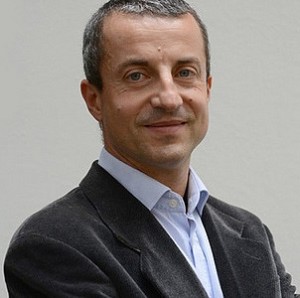 Professor of Materials Science
Bio-inspired, Bionic, Nano, Meta Materials and Mechanics (including Fracture Mechanics, Solid Mechanics, Structural Mechanics, Tribology, Wettability, Adhesion, Scaling laws, etc.)
 +44 (0)20 7882 6310 +44 (0)20 7882 6310  n.pugno@qmul.ac.uk n.pugno@qmul.ac.uk |
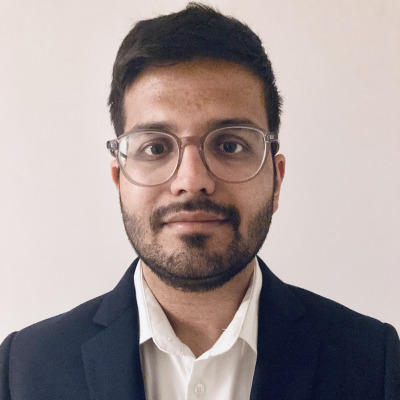 Lecturer in Aerospace Engineering
My research aims to provide greater understanding of aerodynamics across a wide spectrum of speed regimes. Inspired by problems encountered in practical applications, I conduct tests (mainly wind tunnel experiments) on simplified representations of the real-world scenario to develop greater understanding of the underlying fluid mechanics. These flow problems range from the vortices produced at the tips of racecar wings to the flow separation induced by shock waves in the intakes of supersonic aircraft.
 k.sabnis@qmul.ac.uk k.sabnis@qmul.ac.uk |
|
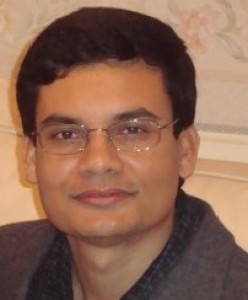 Dr Hasan Shaheed
PhD (Sheffield), PGCAP (London), SFHEA, MIEEE, CEng, MIET, NTFReader in Robotics and Renewable Energy
Design, model developments, control and optimisation of autonomous, robotics and renewable energy systems using traditional, artificial intelligence (AI) and machine learning (ML) approaches. Application areas include i) Aerial/ Solar Aerial robots for inspection/ monitoring, ii) Medical Robotics: Capsule robots for GI tract inspection, Surgical robotic retractor, iii) Assistive Technologies: prosthetics, elderly care robots, iv) Remote inspection/handling robots, v) Renewable Energy Systems: PV, Wind turbine, Pressure retarded osmosis, vi) Renewable energy-driven water treatment, vii) Expert systems.
AI/ML approaches include deep learning, reinforcement learning neural networks, fuzzy logic, and biologically inspired optimisation techniques: GAs, Whale Optimisation, Grey Wolf Optimisation, etc.
 +44 (0)20 7882 7520 +44 (0)20 7882 7520  m.h.shaheed@qmul.ac.uk m.h.shaheed@qmul.ac.uk |
|
|
|
|
|
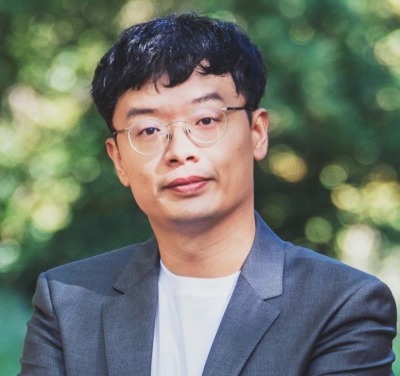 Lecturer in Systems Engineering
My research lies at the interface of Artificial Intelligence, Machine Learning and Operational Research with applications in Decision Support and Risk Assessment Systems. Over the years, I have consolidated and structured my research along modelling, optimisation and decision, and cross-cutting engineering applications for aerospace and transport systems.
 xinwei.wang@qmul.ac.uk xinwei.wang@qmul.ac.uk |
|
|
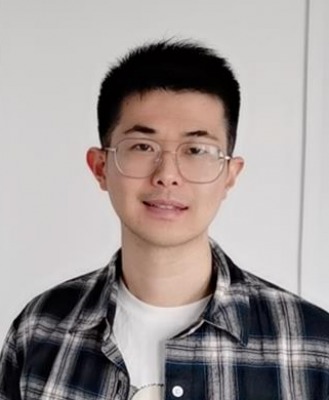 Lecturer in Systems Engineering
Data-driven dynamical systems, including Nonlinear dynamics; System identification; Complex systems analysis and design; System condition monitoring; Vibration isolation and control; Energy harvesting, etc., as well as their engineering applications across a variety of disciplines.
 yunpeng.zhu@qmul.ac.uk yunpeng.zhu@qmul.ac.uk |
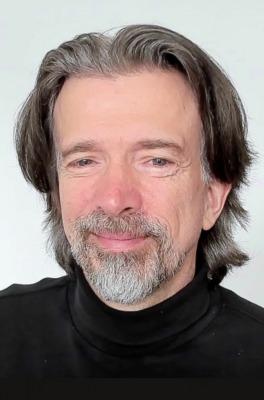
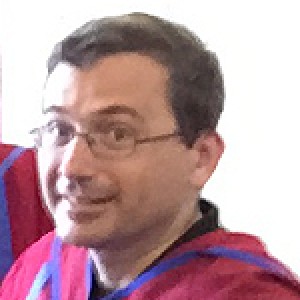



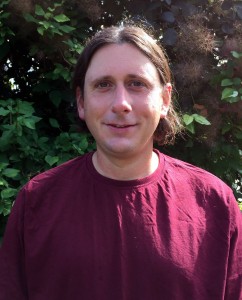

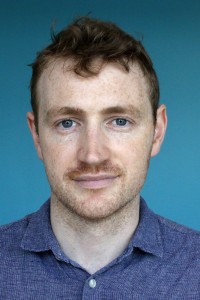


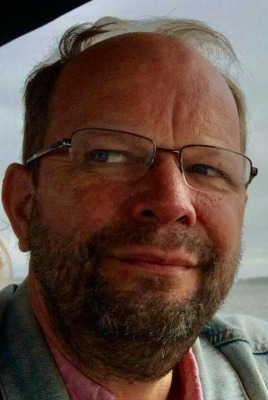
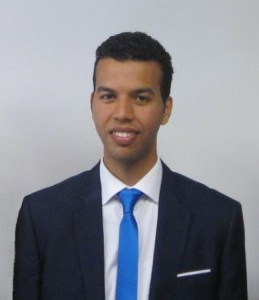
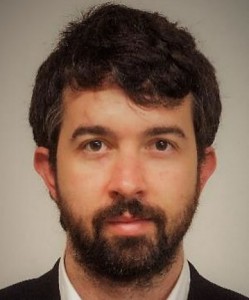
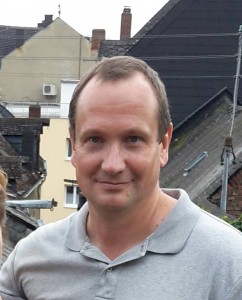
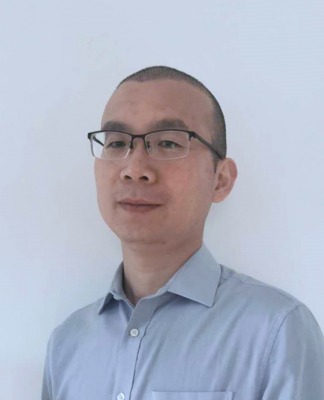

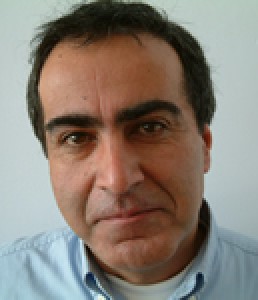
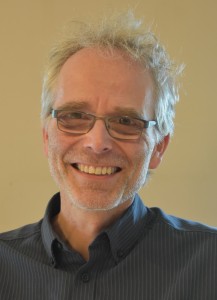
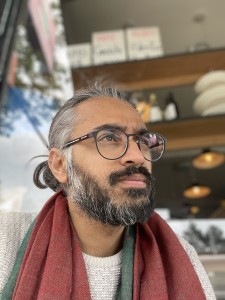





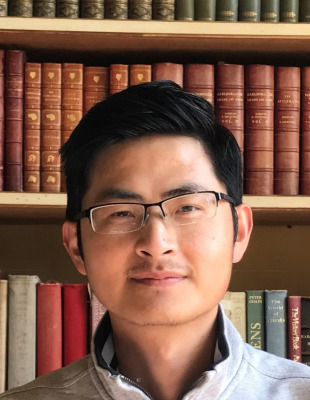
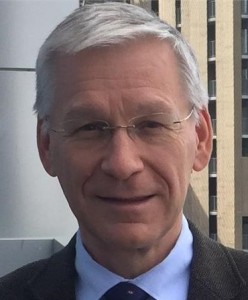
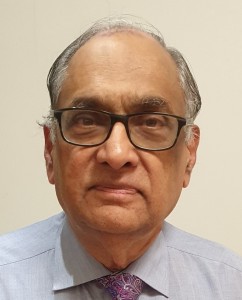

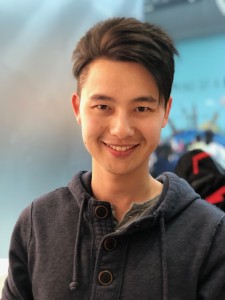
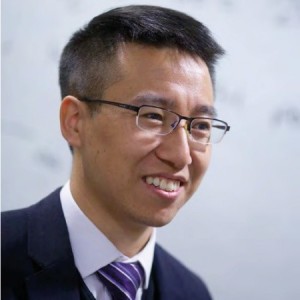



 +44 (0)20 7882 3419
+44 (0)20 7882 3419 
